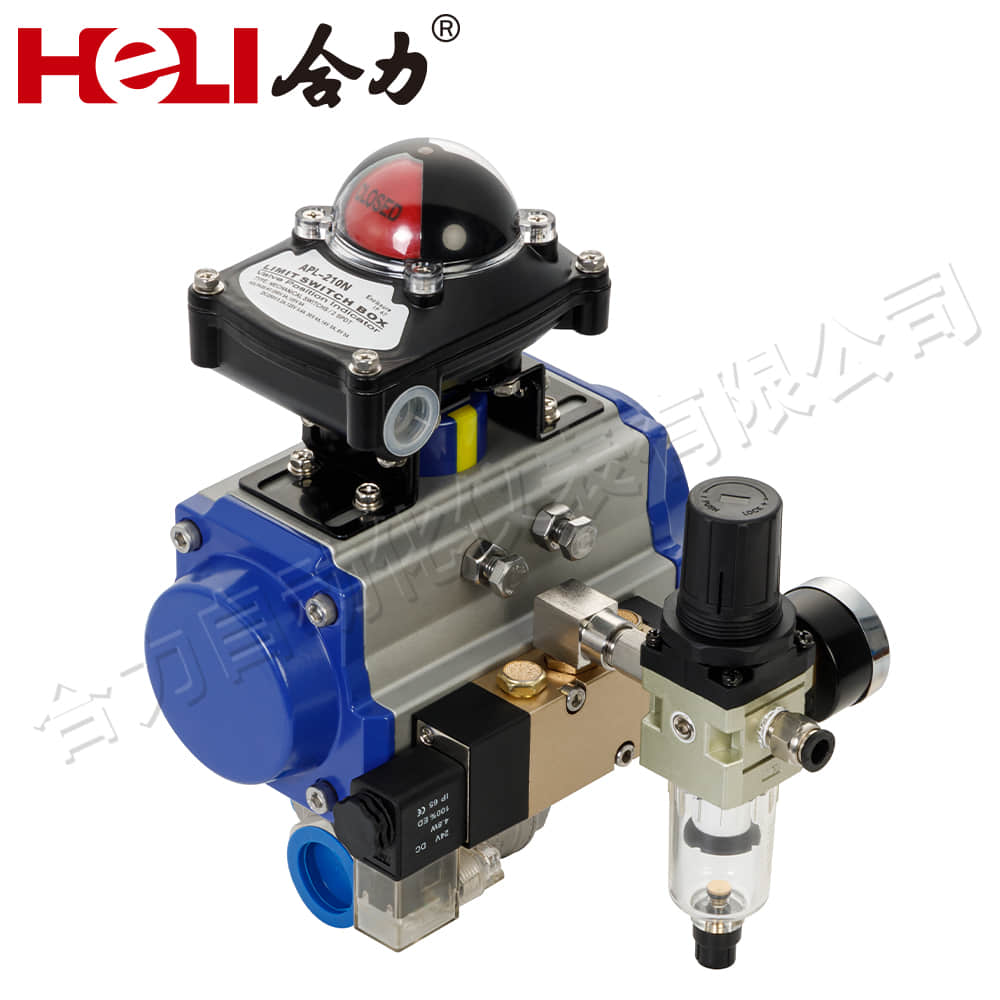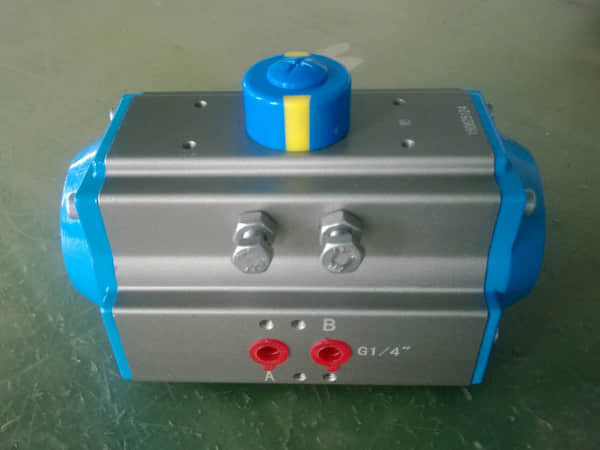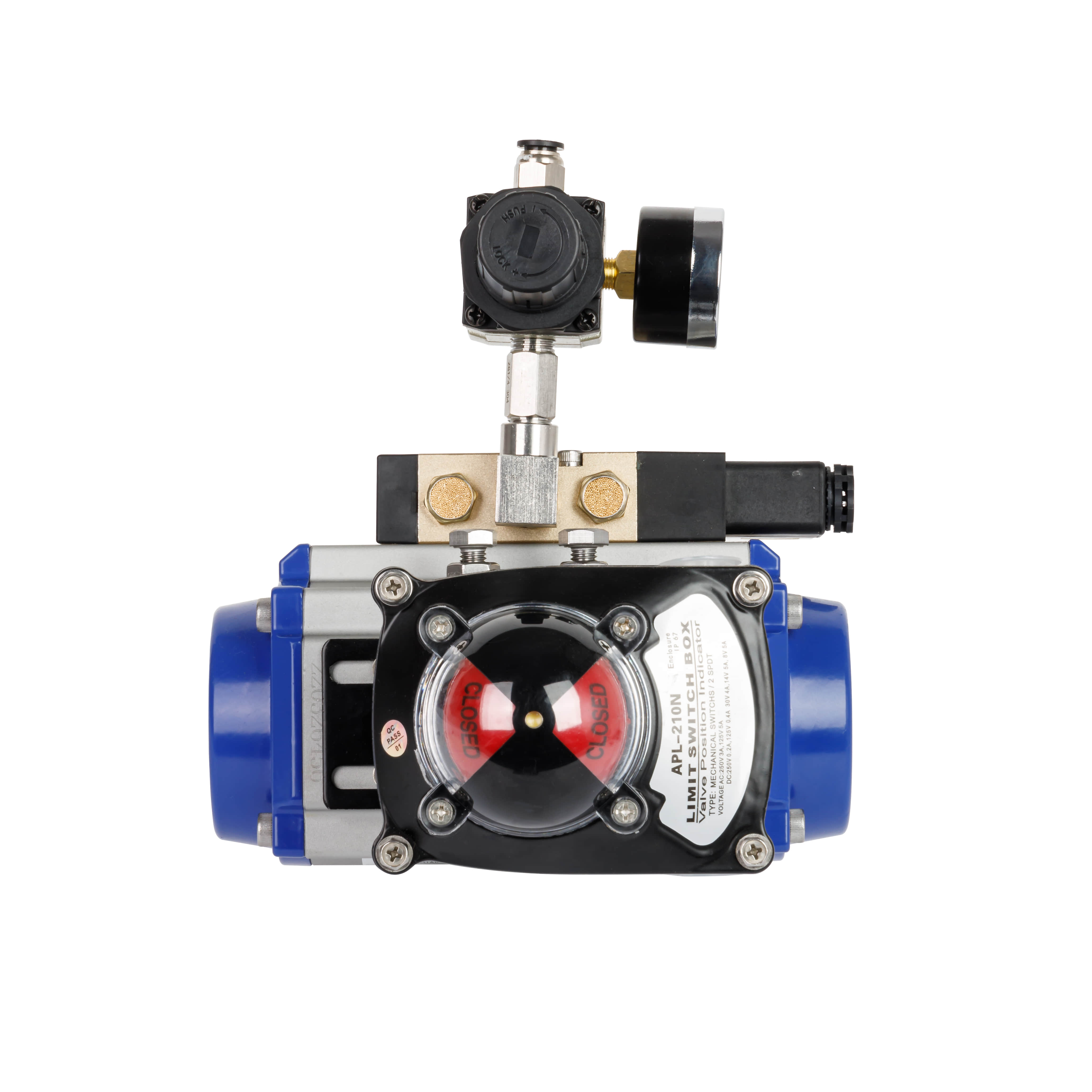understanding pneumatic actuators: principles and applications
Release time:2024-10-15 23:01:05
Pneumatic actuators are critical components in various industrial and mechanical systems, transforming compressed air energy into mechanical motion. These devices play a vital role in automation, providing precise control and efficient operation in numerous applications, from manufacturing to robotics. This article delves into the principles, types, advantages, and applications of pneumatic actuators, highlighting their significance in modern engineering.

Principles of Pneumatic Actuators

At their core, pneumatic actuators operate on the principle of converting compressed air into mechanical energy. The process begins with a compressor, which compresses air and stores it in a reservoir. This compressed air is then directed into the actuator, where it exerts force on a diaphragm or piston. The movement generated by this force can be linear or rotary, depending on the actuator's design.



